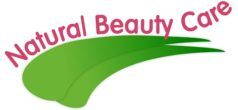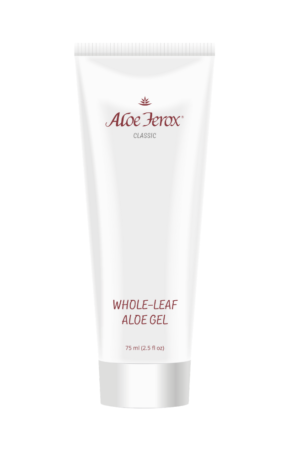Eczema self-help tips.
Are you looking for natural relief from eczema or dermatitis? There are a number of natural remedies for eczema that you can use yourself.
If you’re reading this, you’ve probably tried a number of things already. Unfortunately, these remedies will not cure eczema, but they may help reduce the inflammation and prevent further outbreaks. Do speak to your doctor or health practitioner for support too.
Take control of your eczema by using natural products and diet.
- Aloe Ferox Whole-leaf Gel contains a naturally occurring antibiotic and provides cooling, soothing relief to dry, itchy skin.
- Evening Primrose Oil. taken either take as a supplement or applied directly to your skin provides comfort.
- Zinc has a remedial role in skin repair.
- Choose herbs for eczema such as; burdock, nettle, or red clover. Boil them into a tea and drink.
- Calendula, chamomile, St John’s Wort, and goldenseal can be bought as a topical cream or lotion and applied to the skin.
- Eat foods that contain Omega-3 fatty acids such as oily fish or opt for a supplement.
- Seek out Gamma-linolenic acid (GLA) which is an omega-6 fatty acid.
- Lavender oil may improve skin rashes – and smells lovely.
Exploring the link between food intolerance and eczema or dermatitis.
It is worth exploring if you have a food intolerance which may be triggering your outbreaks. An area that is often overlooked, there is evidence of a link between the food you eat and reactions that they cause, in this case eczema or dermatitis.
Figuring out whether you have a food intolerance can be quite tricky as it’s not as straight-forward as knowing if you are allergic to anything on your menu. Keep a food diary and explore other ways to test for sensitivity.
There is researched evidence demonstrating the link between eczema and certain foods.
Do you have any idea as to the cause of your outbreak and are you sure about how skin with eczema looks?
Do speak to your doctor.
Medical remedies for eczema or dermatitis.
There is no definitive cure for eczema, but there are medications that can help relieve the problem. Your doctor may prescribe an eczema treatment, after making a diagnosis and looking at the cause of eczema. Here are some of the medical treatments available;
- Topical corticosteroids and topical steroids. These may help to reduce inflammation and itchiness.
- Antihistamines. These reduce itchiness and help with eczema pain relief.
- Antibiotics. These treat any secondary infections.
- Systemic steroids. Tablets and injections of steroids may be prescribed in very severe cases.
- PUVA therapy. This is a UV treatment.
- Topical immunomodulators (TIMs). These are steroid-free creams.

